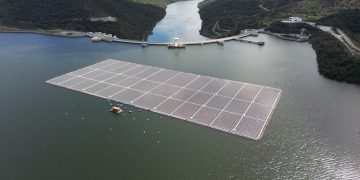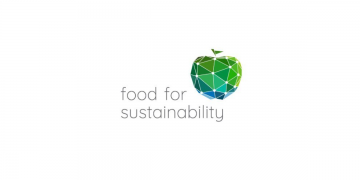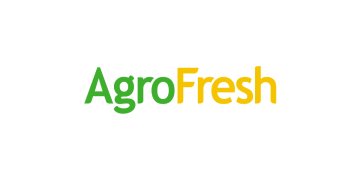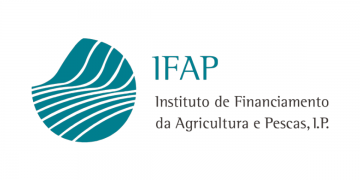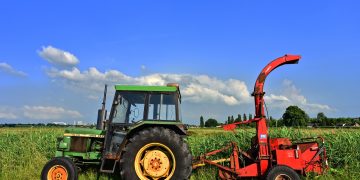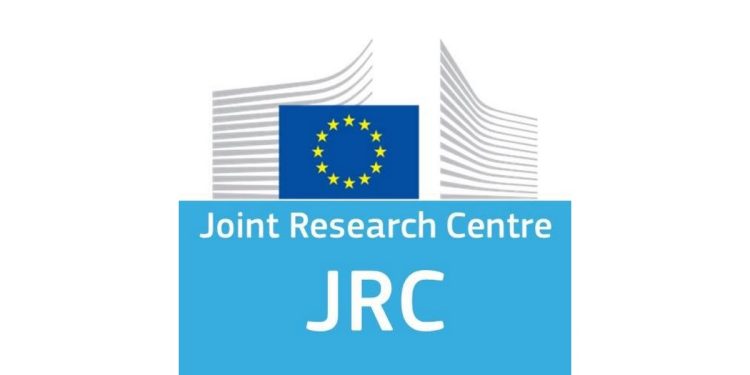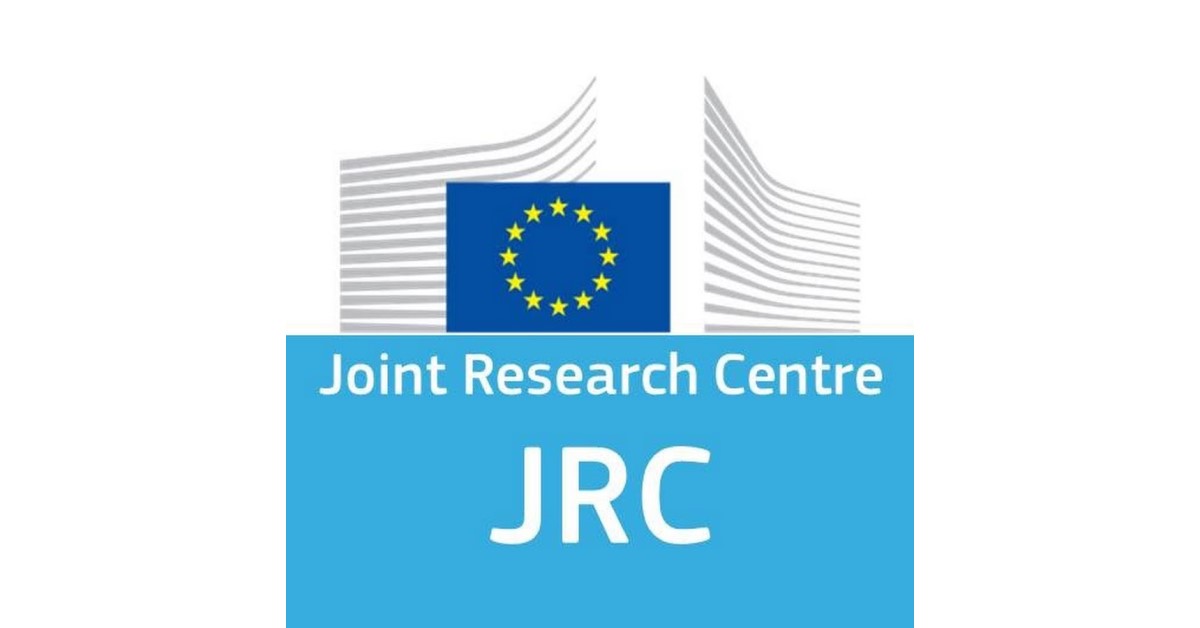In recent years, droughts have significantly affected regions across the EU. However, accurate assessment and quantification of drought risks and their impacts had remained challenging due to the complex nature of these events. Droughts cannot be easily defined or predicted: they develop gradually, can occur outside of seasonal patterns, and may persist over extended periods.
Thanks to an innovative approach, combining expert knowledge and machine learning, a first European Drought Risk Atlas offers a detailed and disaggregated view on the risks posed by droughts to our societies and ecosystems, as well as the underlying drivers of these risks.
Commissioner for Innovation, Research, Culture, Education and Youth, Iliana Ivanova, responsible for the JRC, said: “Droughts affect all EU regions, with a huge impact on human life, our ecosystems, farming, jobs and transport. Mapping drought risk helps identify vulnerable areas, and anticipate and understand droughts. The Commission’s Joint Research Centre plays a major role in protecting citizens and our environment, thanks to the scientific and analytical work it continuously provides.”
The Atlas reveals that the current levels of drought risk are significantly high, with average annual losses posing both economic and environmental threats. The Atlas aims to support the development and implementation of drought management and adaptation policies and actions across the EU.
The increased frequency of droughts is shrinking the recovery window, leading to even more severe consequences, according to the Atlas. While climate change has already resulted in more intense and persistent meteorological droughts in southern Europe, it is expected that almost all the EU will be more affected by drought events with further global warming. More frequent and severe droughts affecting agriculture and ecosystems are projected to occur at 2 °C or above.
The Atlas is complemented by the European droughts impacts database, which contains data on drought impacts from 1977 to 2022. It will become available to users at a later stage. Both the Atlas and the database have been developed by the JRC and the European Drought Observatory for Resilience and Adaptation (EDORA) partners, and they will be integrated into the Copernicus European Drought Observatory run by the JRC.
A novel approach to assess drought
The Atlas uses an innovative approach to address the complex characteristics of drought hazards, risks and impacts. JRC and EDORA-partners employed expert knowledge and machine learning techniques to assess the risks for various sectors and systems within the EU under current conditions and projected climate scenarios of +1.5°C, +2°C, +3°C as compared to the pre-industrial period.
The assessment focuses on five sectors and systems: agricultural crop systems, public water supply, energy production, river transportation, and ecosystems. The analysis integrated findings from literature, consultations with experts, and data-driven assessments for the 27 EU countries to assess the risks associated with drought.
What are the risks of drought across regions?
The Mediterranean region is most at risk due to a clear trend of increasing dry conditions caused by global warming. In particular, the Iberian Peninsula is under higher drought risk under both current and projected climate conditions.
Northern regions may face more diverse and varying effects, including wetter yet more variable weather conditions, and an expected increase in the frequency and intensity of extremes. For some sectors such as agriculture and hydropower, a lower drought risk is expected, particularly in the Baltics.
Eastern and western Europe may experience more complex effects due to the interplay between drying/wetting dynamics and precipitation variability. Notably, Romania already experiences relatively high drought risks, and projections show increased risk across several sectors. In France, the higher drought risk in the south is expected to be found also in the north as warming levels rise. Additionally, France is particularly vulnerable in terms of both nuclear and hydropower, with risks that are projected to significantly increase.
Adaptation measures can help mitigate the risks
Precision agriculture and water resource diversification policies can be integrated into sustainable adaptation strategies in the agricultural sector and bring benefits. Policies like the EU Water Reuse Regulation, in application since June 2023, can promote diversification of water resources, particularly in coastal areas where water is typically wasted.
For public water supply, adaptation efforts need to focus on both water quality and quantity with the recast of the EU Drinking Water Directive holding a crucial role, thanks to updated water quality standards.
The implementation of dry or hybrid cooling systems can reduce vulnerability of the energy system. For river transportation, a promising potential strategy for adaptation consists of adapting vessels to low flow and supply stock management.
Forest management practices, such as shorter rotation cycles and appropriate mixing of tree species, may enhance resilience to drought in forest ecosystems. Buffer zones around designated ecosystems can aid in the adaptation of freshwater ecosystems.
Background
By assessing the drought impacts on our society and ecosystems, we can investigate the likelihood of these impacts occurring again in the near and distant future. This understanding is crucial in effectively reducing, managing, and adapting to the consequences of future drought events.
In the past decades, the EU has experienced multiple drought events: the European Drought Observatory (EDO) has reported 21 severe events since 2011. The 2022 drought was especially devastating and had a lasting impact into early 2023.
These events have affected not only the traditionally vulnerable southern region but also central, eastern, and northern Europe. The impacts have been felt in various sectors including agriculture, water supply, forestry, energy, aquaculture, ecosystems, and public safety. Economic annual losses related to droughts in the EU and UK have been previously estimated to be around € 9 billion.
Related content
European Drought Observatory for Resilience and Adaptation (EDORA)
Copernicus European Drought Observatory
European droughts impacts database
O artigo foi publicado originalmente em JRC.




